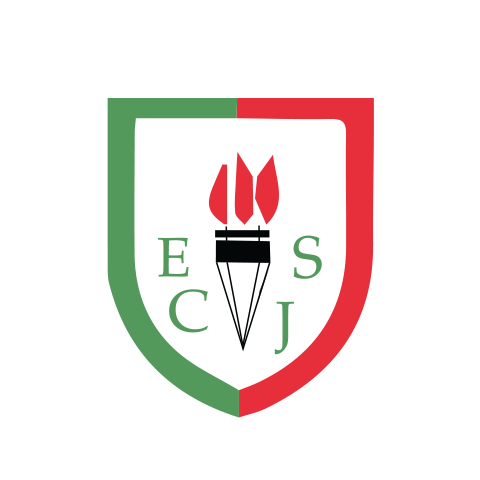
Eskdale Junior School
Our EAL Learners
At Eskdale we are extremely proud of our multicultural community of children and families who are linguistically diverse with multiple languages spoken by children including: Cantonese, Mandarin, Malayalam, Punjabi, Hindu, Shona, Tiv, Hungarian, Spanish, Lithuanian, Ibira to name a few.
At the time of writing, 25% of our pupil population are pupils who have English as an additional language. This is higher than the national average of 21% of pupils.
There are many advantages of being bilingual or multilingual – and therefore, many reasons why staff at Eskdale Junior School attempt to support and develop the full linguistic repertoire of their learners:
- Knowing more than one language is a great skill and asset, to be valued and viewed positively; there are many research findings about the benefits of being bilingual.
- Maintaining and developing skills in pupils first language will aid the acquisition of English.
- The first language and other languages that pupils know provide a means for children New to English to develop new concepts.
The English language is closer to some languages, in terms of phonology, graphology and grammatical foundations, and in this sense, may initially impact on the speed of language acquisition. Research shows that it is beneficial to provide opportunities for pupils to use all their languages to both access the curriculum and to develop their proficiency in English as an Additional Language (EAL). This is because often children’s expertise in their first language/s, for instance, grammatical knowledge, can be used to develop expertise in English also.
At Eskdale Junior School we aim to:
- Welcome and value the cultural, linguistic and educational experiences that pupils with EAL bring to the school whenever possible including special assembly’s, displays around school showing the diversity of different languages spoken by Eskdale children and their families, themed lunchtimes, educational activities and curriculum topics.
- Use adaptations, technology and different strategies to ensure that EAL pupils are supported in accessing the full curriculum.
- Make sure all children are equipped with the necessary tools and support to overcome any barrier to learning.
- Encourage and engage children in practising and extending their use of English.
- Promote a positive relationship with parents to encourage and enable parental support in improving children’s skills in English language including reading and writing.
- Help pupils to grow their self-esteem and confidence by acknowledging and giving status to their skills in their own language/s.
- Help EAL pupils to become confident and fluent in speaking and listening, reading and writing in English in order to be able to fulfil their potential.
- Be able to assess the skills and needs of pupils with EAL and to give appropriate provision throughout the school.
- Equip teaching staff with the knowledge, skills and resources to be able to develop, support and monitor pupils with EAL.
- Pre-Teach for EAL pupils to enhance learning and understanding prior to whole class lessons.
- Deliver phonics and Reading Plus to improve reading, writing and spelling.
- Provide pre-reading opportunities across the curriculum to develop fluency and aid comprehension.
- Monitor pupils’ progress regularly and adapt to pupils changing needs.
- Use in school monitoring and data to make decisions about classroom management, curriculum planning and appropriate interventions.
At Eskdale Junior School we use the Bell Foundation assessment system to support staff with developing the children’s English language acquisition. Our specialist Teaching Assistant Mrs Huntley, uses this assessment system at three points in each term of the school year to monitor progress.